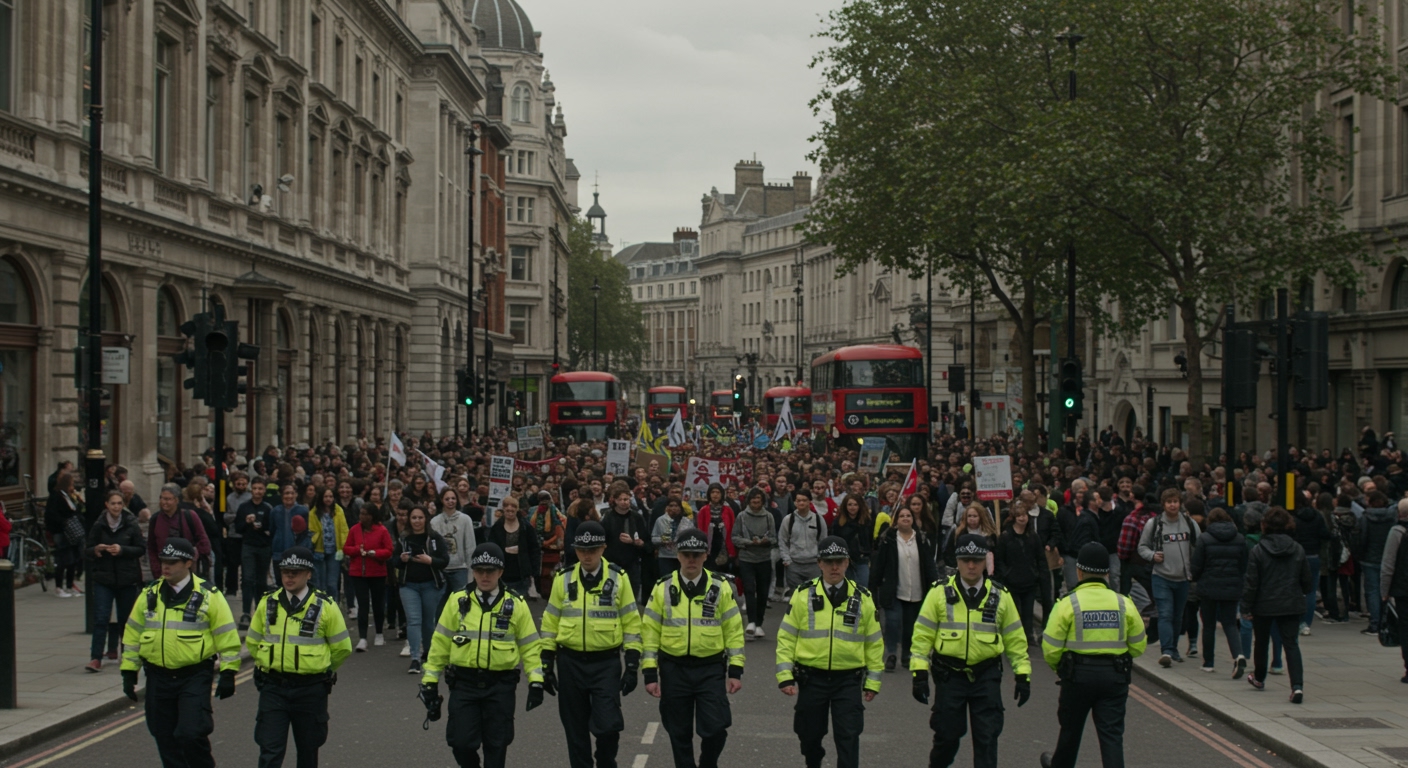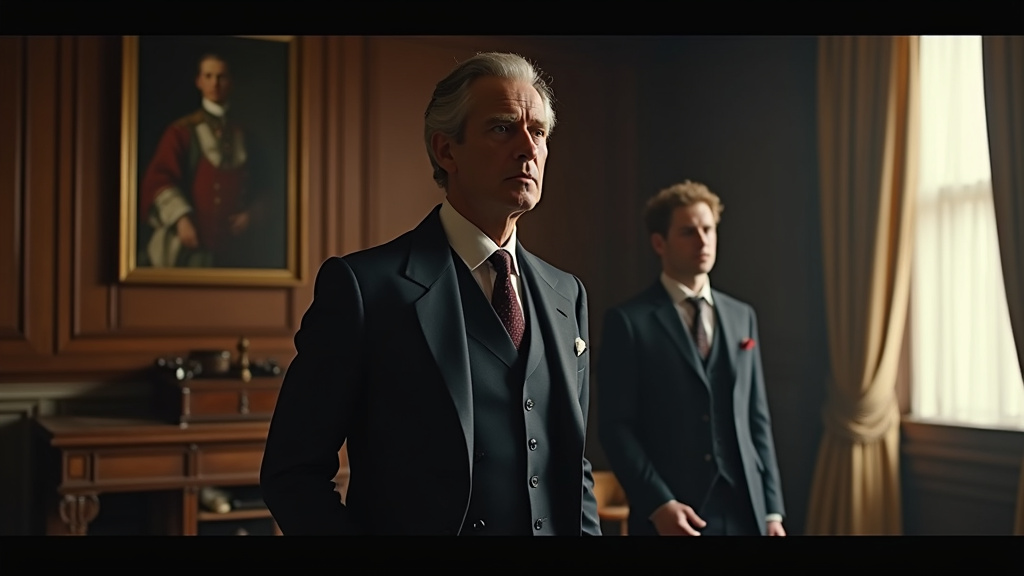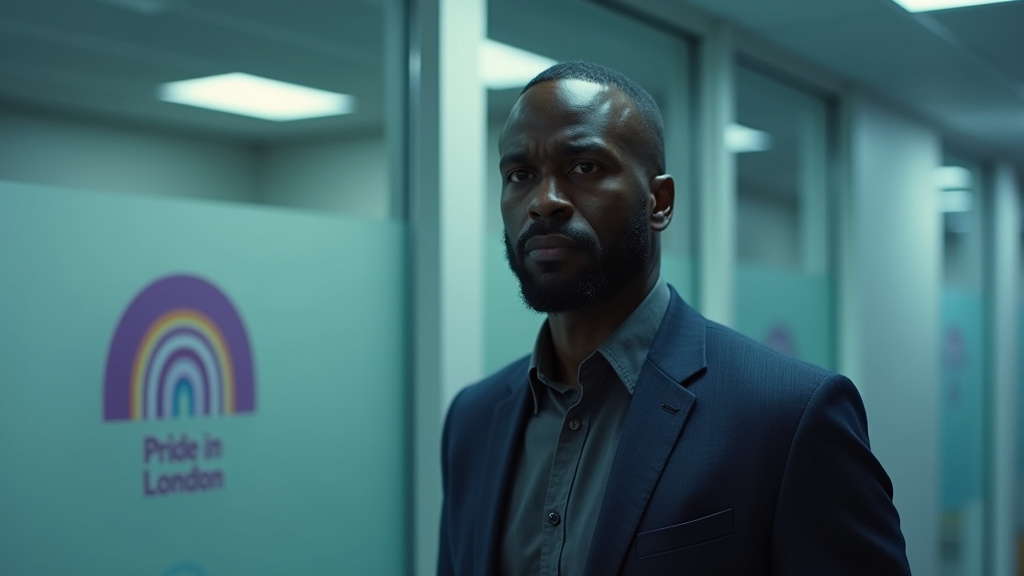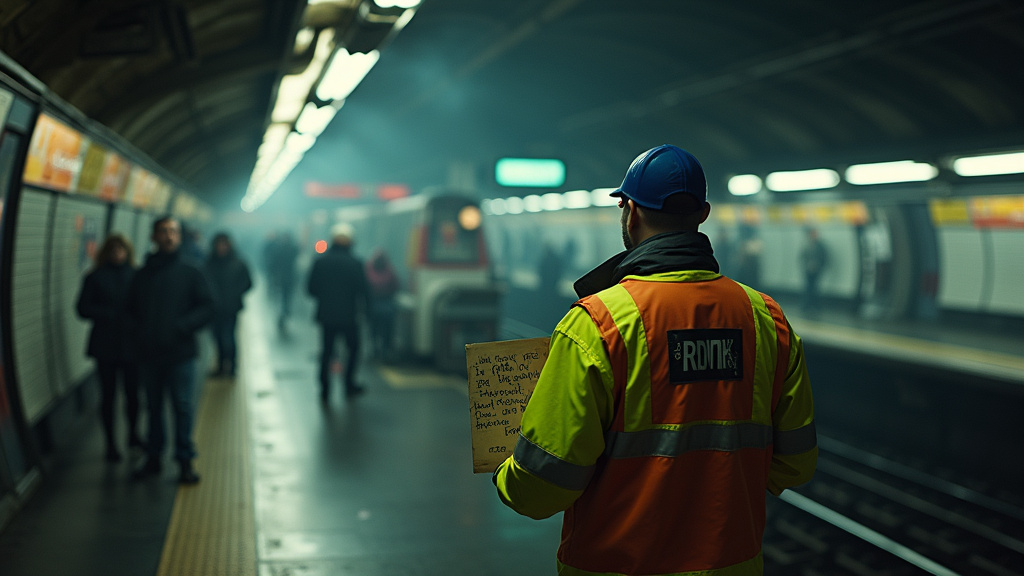London – The Metropolitan Police service has announced the imposition of specific conditions under the Public Order Act for several demonstrations planned to take place in central London on Saturday, June 21. The move is aimed at mitigating potential disruption and ensuring public safety amidst planned large-scale gatherings.
Conditions Applied Under Public Order Act
The decision to enact conditions follows an assessment by senior officers regarding the potential impact of the planned protests on the capital. Utilising powers granted by the Public Order Act, the force can legally impose restrictions on the location, duration, and conduct of public assemblies to prevent serious disorder, serious damage, serious disruption to the life of the community, or the intimidation of others.
Speaking on the rationale behind the decision, a spokesperson for the Metropolitan Police highlighted the need to balance the fundamental right to protest with the rights of other Londoners to go about their daily lives with minimal disruption. The conditions are tailored to manage the specific risks identified for Saturday’s events, particularly given the proximity and nature of the planned gatherings.
Pro-Palestine Demonstration Details and Restrictions
One of the principal events subject to these conditions is a large demonstration organised under the banner of the Palestine Coalition. Participants in this protest are scheduled to gather at Russell Square starting from midday on Saturday, June 21.
The planned route for the Palestine Coalition march will see participants move from Russell Square, proceeding through Aldwych and the Strand, before concluding at Whitehall. This route takes the demonstration through significant parts of central London, an area frequented by residents, tourists, and businesses, necessitating careful management by law enforcement.
A specific condition has been placed on the initial gathering phase of the Palestine Coalition protest. The Metropolitan Police have stated that anyone gathering for this protest must remain within a specified shaded area at Russell Square until the march officially commences. This measure is designed to contain the initial assembly, facilitate orderly formation of the march, and minimise potential conflict or obstruction before the procession begins its designated route.
Static Counter-Protest and Location
Adding complexity to the day’s events, a separate, static counter-protest is also scheduled. This assembly is organised by a group named Stop the Hate. Unlike the moving march planned by the Palestine Coalition, the Stop the Hate protest is intended to remain in a single location.
The Metropolitan Police have identified the designated location for the Stop the Hate counter-protest as being near the junction of the Strand and Waterloo Bridge. This places the counter-demonstration in relatively close proximity to the planned route of the Palestine Coalition march, particularly as the march passes through the Strand. The static nature and specific location of this counter-protest require distinct management strategies to ensure safety and prevent direct confrontation between opposing groups.
Conditions imposed under the Public Order Act are also applicable to the Stop the Hate counter-protest, although the exact nature of these specific conditions beyond location restrictions were not detailed in the initial police statement regarding this particular group.
Managing Public Order and Safety
The use of conditions under the Public Order Act is a standard police tactic when managing large or potentially contentious public gatherings. It provides a legal framework for officers on the ground to direct participants and manage the flow of people, ultimately aimed at preventing breaches of the peace and ensuring that protests remain within the bounds of the law.
Police commanders assess various factors when deciding to impose conditions, including intelligence regarding the intentions of participants, potential for counter-demonstrations, anticipated crowd size, and the specific locations and timings involved. The conditions set for Saturday, June 21, reflect the assessment made for these particular events in central London.
Failure to comply with conditions imposed under the Public Order Act can result in arrest and prosecution. This legal consequence underscores the seriousness with which the police view adherence to the stipulated restrictions.
Ensuring Continuity of Life in the Capital
While facilitating the right to protest is a key responsibility for the Metropolitan Police, so too is ensuring that London can continue to function. Large demonstrations, particularly in central areas, can have significant impacts on transport, businesses, and residents.
The conditions on Saturday’s protests are also intended to help minimise disruption to public transport routes, access to businesses, and the general movement of people in areas like Russell Square, Aldwych, the Strand, Whitehall, and near Waterloo Bridge. Police work closely with Transport for London and local authorities to mitigate impact where possible, though some disruption is often unavoidable during major events.
Officers will be present in significant numbers throughout the affected areas on Saturday, June 21, to monitor the protests, engage with organisers and participants, and enforce the conditions should that become necessary. The police presence is also intended to provide reassurance to the wider public.
Conclusion
In summary, central London will host significant public demonstrations on Saturday, June 21, with both a pro-Palestine march starting from Russell Square and a static counter-protest near the junction of the Strand and Waterloo Bridge. The Metropolitan Police have proactively applied conditions under the Public Order Act to manage these events, directing the initial assembly point for the Palestine Coalition march to a specified shaded area and generally overseeing both gatherings to ensure public safety and order. The conditions highlight the ongoing efforts by the capital’s police force to navigate the complexities of facilitating democratic expression while upholding the law and minimising broader disruption.





